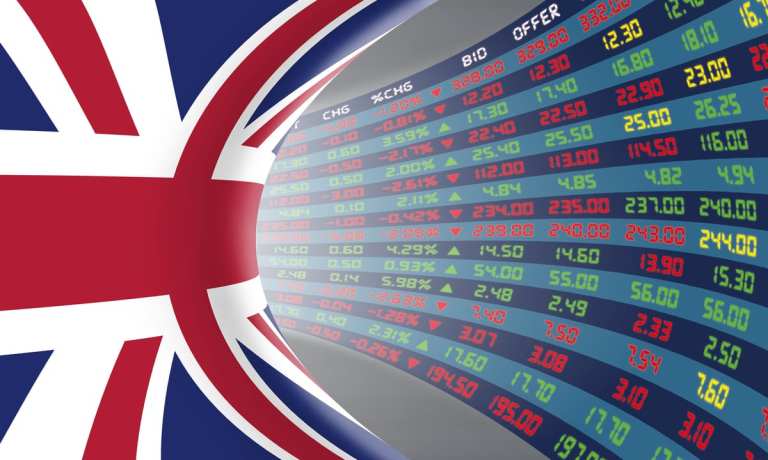Investor Appetite Poor For Deliveroo London Stock Market Debut

Even after pricing its shares on the lowest end of the range, Deliveroo couldn’t spark investor appetite for its much-anticipated trading debut on the London Stock Exchange (LSE), the Financial Times reported.
Shares in Deliveroo took a nosedive, falling some 30 percent on opening day Wednesday (March 31) and shaving over £2 billion pounds from the U.K. delivery startup’s valuation. The much-anticipated listing was set to be the largest London stock market debut in 10 years.
Founded in 2013 by William Shu, who serves as the company’s chief executive officer (CEO), Deliveroo’s initial public offering (IPO) was the largest tech float in the history of the LSE since Glencore’s May 2011 listing, FT reported citing data from Dealogic.
Deliveroo’s debut was passed over by some of the U.K.’s biggest investment firms, and within minutes of the opening bell, the delivery giant’s shares dipped as low as 271 pence after a debut price of 390 pence.
British finance minister Rishi Sunak called Deliveroo a “true British tech success story” and the startup’s London filing sparked confidence that more tech companies would flock to the LSE, Reuters reported. Fast-growing technology startups more typically turn to New York or Amsterdam to go public.
A senior equity capital markets banker told Reuters that the poor opening could be a blow to future listings in Europe. “It’s an extremely painful move on one of the most anticipated IPOs of the year,” he said, requesting anonymity.
“That comes back to the issue that how could a company that was valued at 3 billion (pounds) in November, 5 billion in January, be magically worth 8-9 billion in March — particularly when according to its own statements it was potentially in need of emergency funding last year,” Russ Mould, investment director at AJ Bell, told Reuters.
Deliveroo issued shares totaling about £1 billion, with Amazon and other existing investors selling off a percentage of their stakes as part of the IPO. Institutional investors had been showing signs of having a poor appetite for risk regarding the delivery startup, citing concerns that Uber’s gig economy challenges could affect Deliveroo.